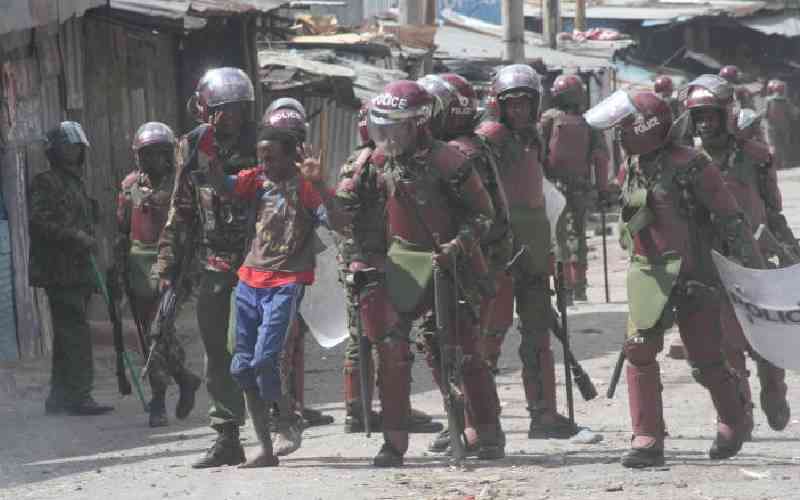
Protests against the cost of living and a litany of other political grievances in Kenya elicit mixed feelings and deeper reflections on what democracy is all about. It is sobering how the media, the international community and other actors literally delegitimised the protests on, understandably, account of deaths and destruction following the sustained protest momentum.
My thesis is that the role and space of the opposition in African countries is a failed experiment and therefore no longer tenable. On paper, it sounds absolutely critical to have an opposition in any Parliament to check the government. In practice, the opposition is scorned by the electorate and ridiculed by the ruling party.